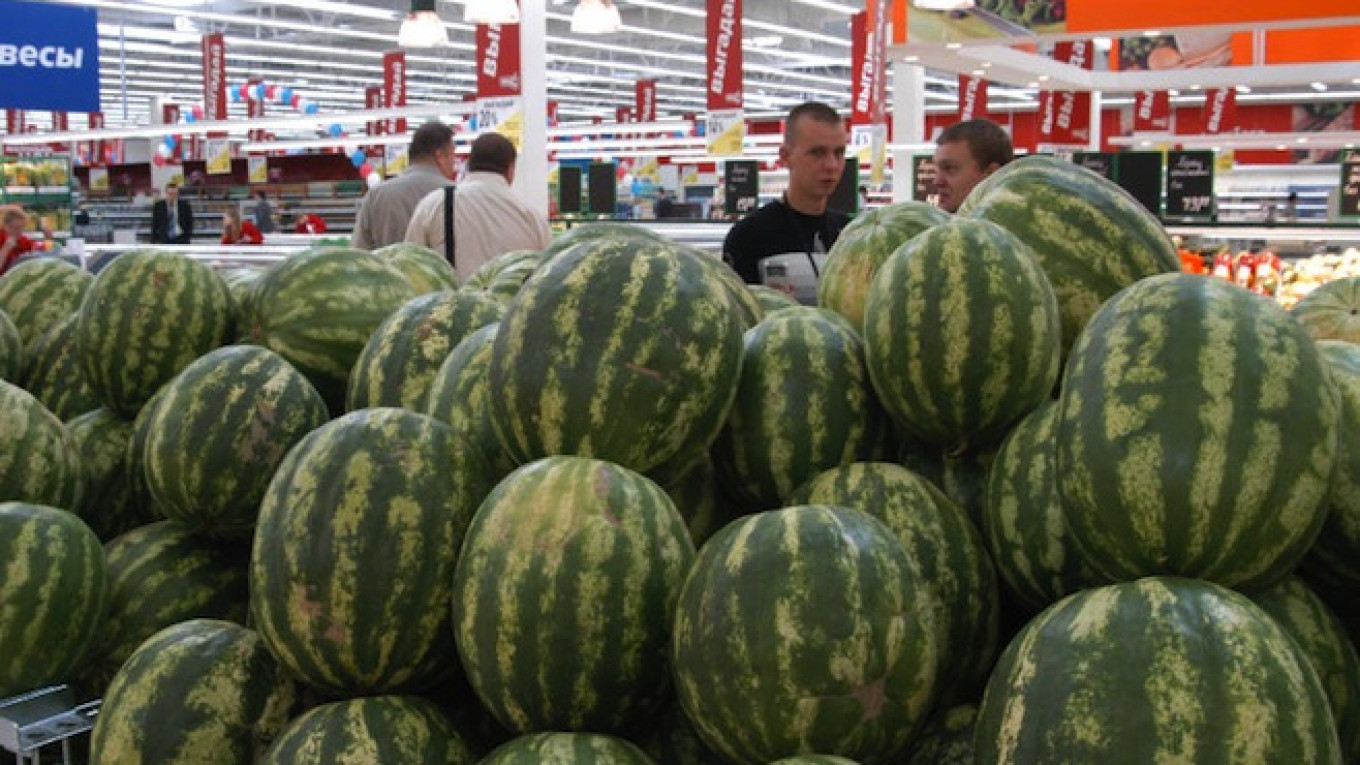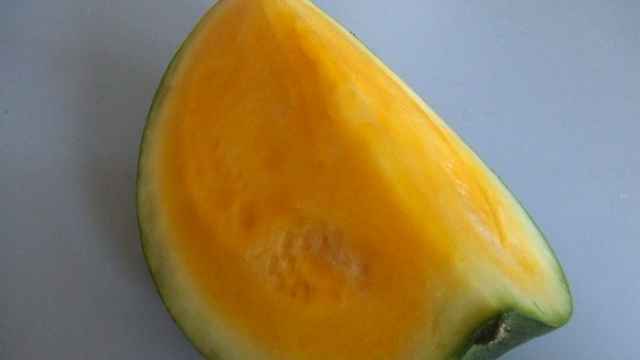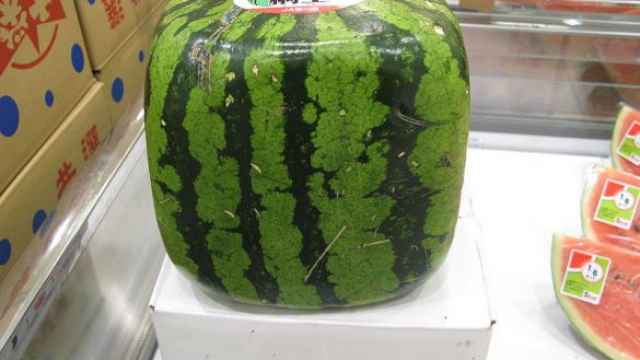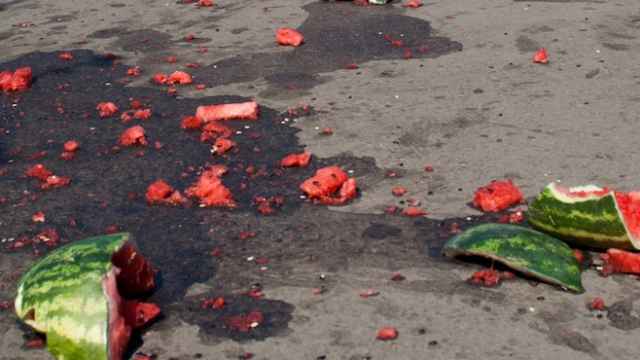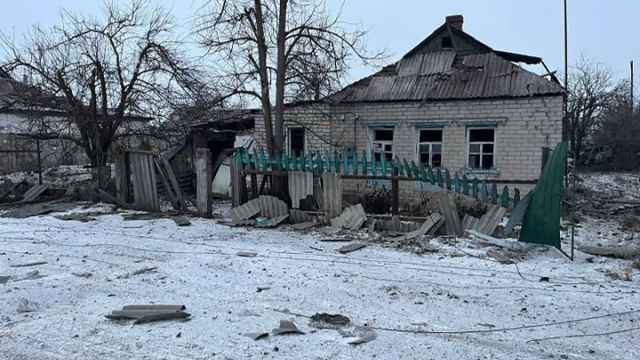Melon season has officially started in Moscow with the opening of more than 200 stands around the city, news website Moskva24 reported Monday.
Watermelons and dinya — a yellow-fleshed sweet melon — from the southern regions of Dagestan, Rostov and Astrakhan and countries including Uzbekistan and Kazakhstan, are available for the price of around 20 rubles (30 cents) per kilogram.
Rospotrebnadzor, Russia's sanitary watchdog, will test the melons for harmful chemicals and make sure each melon stand meets specific state requirements.
According to the regulations for fruit stands, the fruit must be covered by a tent and stored at least 15 centimeters above the ground and a minimum of 10 meters away from the road.
Salespeople must wear uniforms, have all the necessary certificates and provide a book for customer complaints.
A Message from The Moscow Times:
Dear readers,
We are facing unprecedented challenges. Russia's Prosecutor General's Office has designated The Moscow Times as an "undesirable" organization, criminalizing our work and putting our staff at risk of prosecution. This follows our earlier unjust labeling as a "foreign agent."
These actions are direct attempts to silence independent journalism in Russia. The authorities claim our work "discredits the decisions of the Russian leadership." We see things differently: we strive to provide accurate, unbiased reporting on Russia.
We, the journalists of The Moscow Times, refuse to be silenced. But to continue our work, we need your help.
Your support, no matter how small, makes a world of difference. If you can, please support us monthly starting from just $2. It's quick to set up, and every contribution makes a significant impact.
By supporting The Moscow Times, you're defending open, independent journalism in the face of repression. Thank you for standing with us.
Remind me later.


